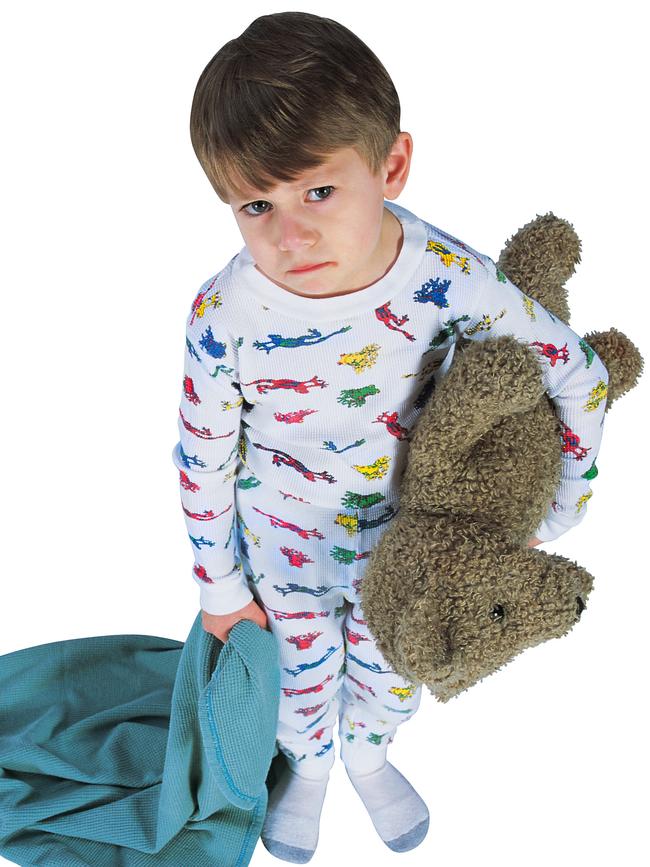Regular bedtime, adequate sleep key to kids’ wellbeing, say experts
It’s one of the three most important aspects of parenting, and is proven to affect a child’s health in later life, but research shows many parents are dropping the ball – particularly during school holidays. Are you doing it right?
QLD News
Don't miss out on the headlines from QLD News. Followed categories will be added to My News.
MANY parents have dropped the ball on one of the most vital areas of bringing up a child – policing bedtimes – one of the nation’s top psychologists says.
“It can require a lot of effort to teach children to go to bed at the same time each night, but parents must know that this is one of the main competencies of parenting,” Dr Michael Carr-Gregg told The Courier-Mail.
“Sleep, diet and exercise are the key to a child’s wellbeing.”
How much sleep do children really need?
Child experts split on the Santa myth
Online gaming turning teens into thugs
New research in the journal Sleep highlights that a regular bedtime, and getting sufficient sleep from early childhood, are linked to a healthy body weight in adolescence.
Researchers found children aged five to nine who had no set bedtime routine had a higher BMI at the age of 15.

“We think sleep affects physical and mental health and the ability to learn,” said co-author Orfeu Buxton, professor of biobehavioural health at Pennsylvania State University in the US.
Queensland child sleep consultant Amanda Bude said children aged five to 10 should have a bedtime between 7pm and 8.30pm, depending on their rising times.
Children under five should aim for 6pm to 8pm, depending on naps.
“Irregular bedtimes can interrupt a child’s normal 24-hour circadian patterns, and therefore disrupt their physical and mental functioning,” Ms Bude said.
“School holidays and daylight saving can impact circadian rhythms.
“Children who have inconsistent bedtimes often have less quality sleep, which can interfere with brain development, creating effects that can last into later life.”
Toddlers should sleep for 11 to 14 hours; preschoolers, 10 to 13 hours; primary school children nine to 11 hours; and teenagers should aim for 10 hours.
“A soothing bedtime routine signals the body and brain to slow down and prepare for sleep,” Ms Bude said.
“The tone of bedtime should be calm, quiet and reassuring.
“As they grow, children learn the importance that wind-down time will have on their ability to cope with stress.”


